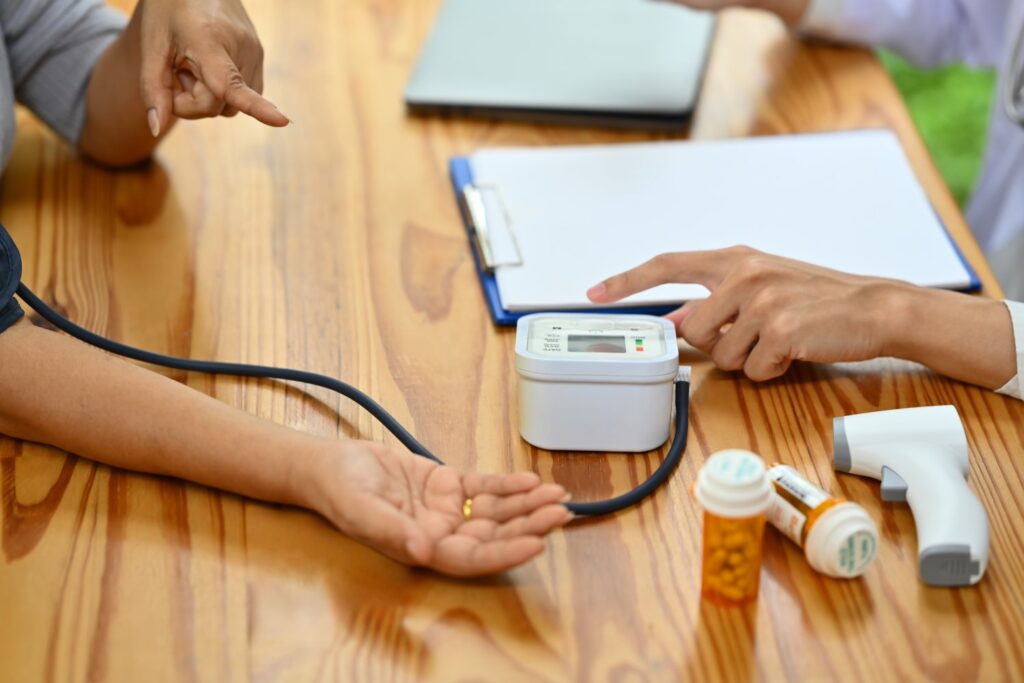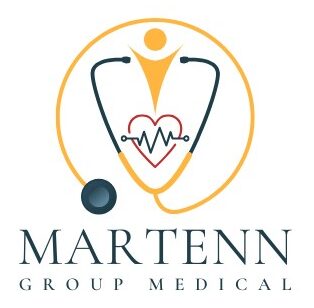Martenn Group Medical Services
Menu
Family Medicine
Sleep Management – Assessment and Management of Sleep Disorders
- Effective sleep management involves evaluating and addressing various sleep disorders, such as insomnia, sleep apnea, restless leg syndrome, and parasomnias.
- Treatment may include behavioral interventions, sleep hygiene education, cognitive behavioral therapy for insomnia (CBT-I), and, when necessary, medical treatments. Proper sleep is vital for overall health, and managing sleep disorders can improve quality of life and reduce risks associated with chronic illnesses.


Preventative Health Care for Children and Adults – Counseling and Education on Risk Factors for Chronic Illnesses:
- Preventive health care focuses on identifying risk factors for chronic diseases, such as cardiovascular diseases, diabetes, and cancers, through routine screenings and assessments.
- Counseling and education help patients understand their risk profiles, adopt healthy lifestyles, and make informed decisions to prevent the onset of these conditions. This can include smoking cessation programs, weight management support, and guidance on a balanced diet and regular physical activity.
Chronic Disease Management Including Asthma, Diabetes, and Hypertension
- Management of chronic diseases requires a multidisciplinary approach that includes regular monitoring, medication management, and patient education to ensure optimal control of conditions like asthma, diabetes, and hypertension.
- Treatment plans are individualized based on the patient’s specific needs and involve close collaboration between healthcare providers including nutritionist, physiotherapist and mental health providers; and patients to manage symptoms, prevent complications, and improve quality of life.


Home Visits
- Home visits are essential for patients who have difficulty accessing healthcare facilities, such as the elderly, disabled, or those with limited mobility. They provide personalized medical care, including routine check-ups, chronic disease management, and palliative care, in the comfort of the patient’s home.
Driving and Food Handling Certificates
- Medical certificates for driving ensure that individuals meet the necessary health and fitness standards to safely operate a vehicle. These assessments typically include vision screen and assessments for conditions that may impair driving ability.
- Food handling certificates confirm that individuals involved in the preparation and serving of food are free from communicable diseases and understand proper hygiene practices to prevent foodborne illnesses.

